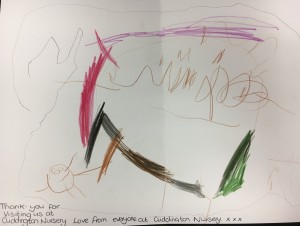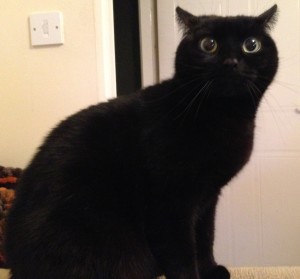As with humans, dogs sometimes require blood transfusions. We have a National Pet Blood Bank which can provide us with lots of different blood products but sometimes a transfusion directly from a donor is most appropriate for our patients. Donor lists are dogs that meet certain criteria that we know we can call on if we require an emergency transfusion. They can provide us with products that the Pet Blood Bank cannot –such as platelets that are essential to help the blood clot. The added benefit to our patients of having donor blood is that it is available immediately, without having to wait for it to be delivered from the blood bank.
Donor dogs need to have a relaxed, friendly temperament and be happy to sit still for a period of time. We only ask dogs who are over 25kg in weight and between one and eight years old. Donor dogs must never have travelled and must not be on any medication. We also require them to be vaccinated up to date. We perform a thorough clinical exam and run a full blood screen on all dogs prior to them donating to ensure that they are in good health. There are no costs involved when you put your pet on our blood donor list.
We clip fur from the neck and place a needle into the jugular vein to collect the blood. Most dogs happily lie comfortably on their side whilst this is being done. We collect blood into a bag that is lined with a special substance to stop it clotting. The whole procedure only takes about ten minutes and afterwards the dogs receive the equivalent of our tea and biscuits – a bowl of water and some food! As well as a big fuss too!
Dog blood donors really do save lives and we are incredibly grateful to our donors and their owners. By the very nature of blood donation we often need to call on our donors at short notice. We understand you may not always be available to bring them down but if you would be happy to be placed on our donation list we would be very appreciative.
If you think your dog might be a suitable donor, would like to discuss it further or would like to be placed on our list then please contact Helen at the surgery on 01606 880890.


